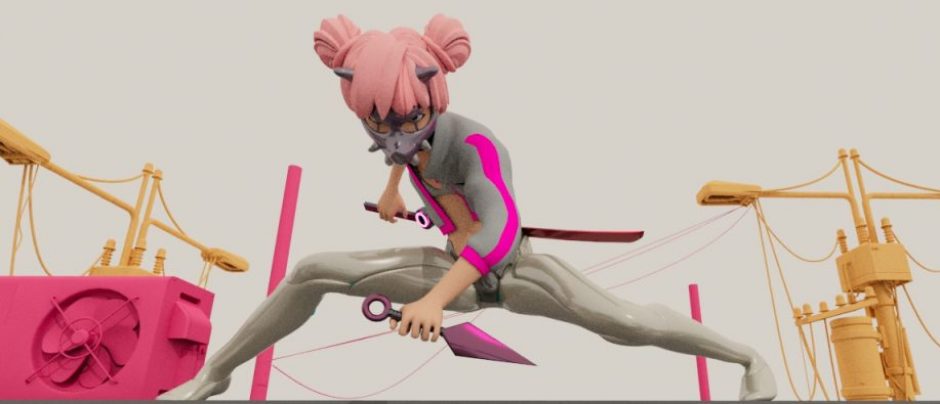Monthly Archives: November 2020
WEEK 5.2 Story Arcs, Character Designs, Timeline and Background —— Take YES MAN for example
Ⅰ. Story Circle A character is in a zone of comfort They want something They enter an unfamiliar situation Adapt to it Get what they want Pay a heavy price for it Returning to their familiar situation Having changed Story Circle of YES MAN 1.You [establish protagonist] … Continue reading
WEEK 5.1 Upgrade Stylised Walk
overlapping spine In the first class, we learned the 12 Principles of Animation. This is a very important theoretical basis, which runs through the entire process of animation learning, so understanding this theory is very necessary for every animator. During … Continue reading
WEEK 4.3 Breakdown of Rigs
This week I will study and analyze the 3D skeleton binding ideas through the following steps: first study the skeleton structure of the 3D character, then study the production process of Maya skeleton binding and explore whether the smoothness of the characters in the 3D animation … Continue reading
WEEK 4.2 Visual Culture
Definition of visual culture Visual Culture refers to the way of life of individuals to observe the world’s external objects through specific visual texts. As a way of life, visual culture includes the individual’s visual planning of self-life, as well … Continue reading
WEEK 4.1 Stylised Walk
Reference The stylised walk of this week’s course continues the basic idea of the character walk in the previous lesson. On the basis of the previous lesson, more exaggerated movements are added to conform to the character’s characteristics. I looked … Continue reading
WEEK 3.2 Politics in the media
Politics in Animation & Films—— Take Hollywood animated films as an example On the popular level, the main function of movies is undoubtedly to entertain the public. Even so, the entertainment attributes of films are bound to be affected by … Continue reading
WEEK 3.1 Character Walk
Reference The basic law of human walking is: the left and right feet alternately move forward, driving the trunk to move forward. In order to keep the body balanced, the arms of the upper limbs need to swing back and … Continue reading
WEEK 2.3 Film Language and The History of Animation, Film and VFX
Part 1 Film Language Shot length Wide Shot In a wide shot you can see the whole subject, the whole scene just like watching a play on the stage. Extreme Wide Shot In an extreme wide shot as in wider … Continue reading
WEEK 2.2 Walking Ballie
reference This diagram from John McMurrough clearly shows the trajectory of a character’s movement(1 step=24 frames=1 second). Thanks to the abundant teaching resources on the Internet, animation learning would be extremely difficult without these reliable materials. Process I adjusted the … Continue reading
WEEK 2.1 Tail Motion
Reference From the real animals (squirrels, cats, dogs, reptiles) in nature to the fictional creatures (dragons and monsters), it is necessary to master the movement law of tail as one of the most common components of living things. This week, … Continue reading
